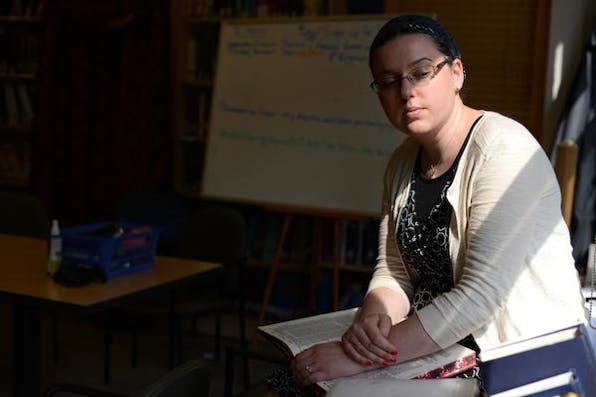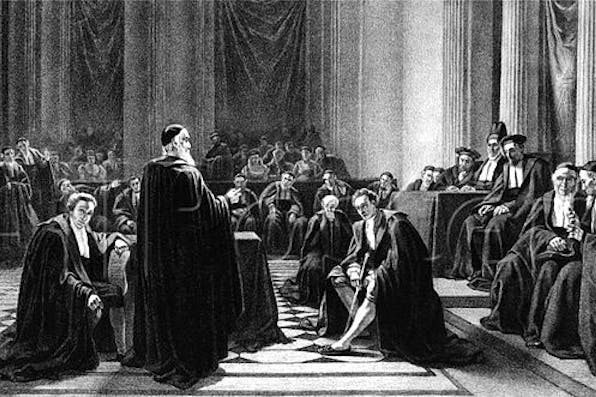
December 23, 2013
The Crisis in Jewish Law Today
Orthodox rabbis need to stop worrying about 200-year-old battles with “Reformers” and allow Jewish law to develop organically, as it always did in the past.
I enjoyed reading Joshua Berman’s ambitious essay, which examines over 3,000 years of Jewish law through the lens of the contrast between common law and statutory law. Particularly enjoyable was the first section, where he maintains that both the Code of Hammurabi and the Torah are not codes of law but rather collections of precedents applied in a flexible fashion by later judges.
From there, Berman proceeds to argue that the Mishnah and Talmud continue in this same common-law tradition. Only in the 12th century did Maimonides become the first to write a comprehensive code of “statutory” Jewish law, followed four centuries later by Rabbi Joseph Karo with the Shulhan Arukh (1563). Despite opposition by those who wanted to continue to base halakhah directly on the Talmud, the Shulhan Arukh won out, becoming the benchmark of Jewish law to this day.
When he comes to today’s situation, Berman notes that the Conservative movement, for its part, continues to be guided by the common-law approach to halakhah, frequently referring back to the Talmud and the rishonim (rabbis who lived ca. 1000-1500). Berman finds this approach legitimate but problematic, believing that it will lead to a lack of unity in Jewish practice. But he finds equally problematic the approach of Orthodox rabbis, who rarely rule against the Shulhan Arukh, since their statutory approach leads to a lack of flexibility on most halakhic issues confronting contemporary observant Jews. In this connection, Berman takes up the contrasting cases of Orthodox feminism, which has not been widely accepted among Orthodox rabbis, and standards of conversion to Judaism in Israel, where many are disposed to greater leniency.



